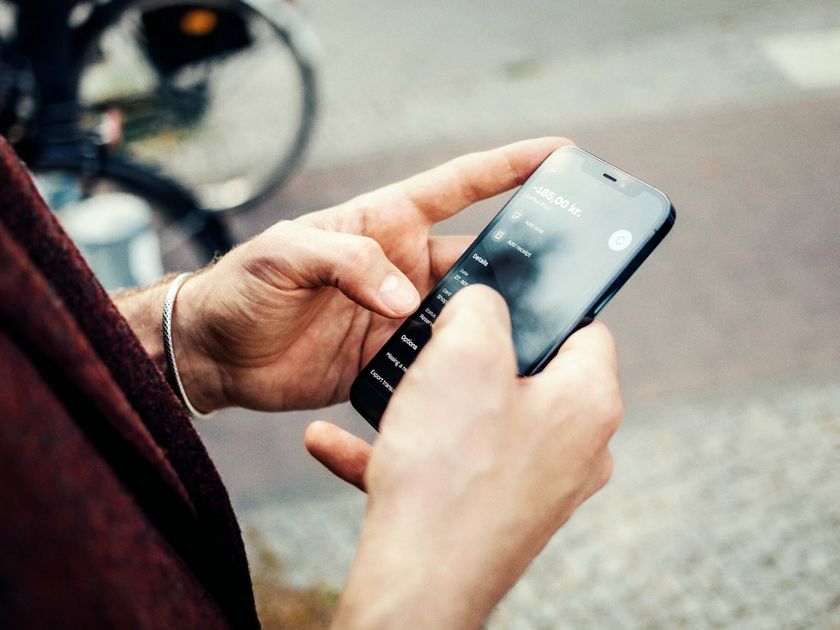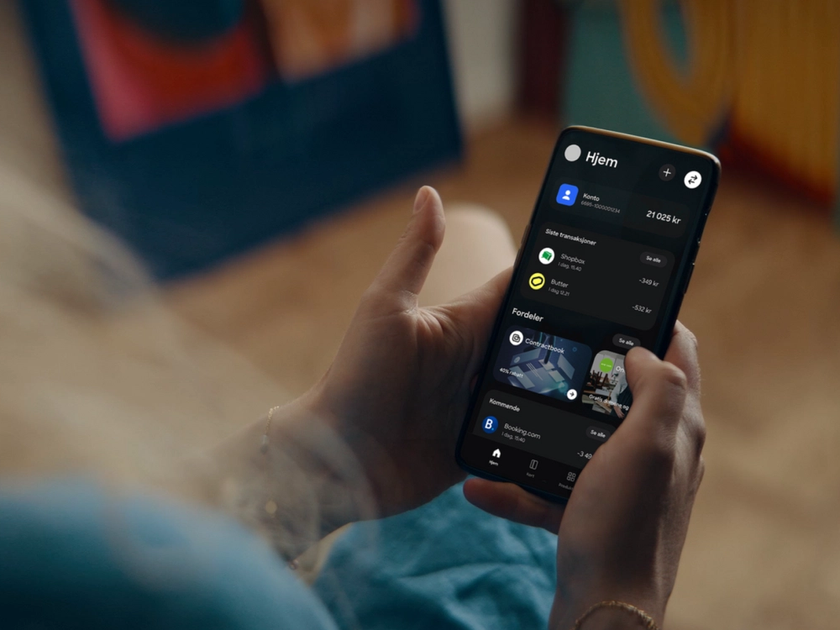What is a CPR number? Understanding Denmark’s unique identification system
If you’re living in Denmark, or are planning to move to the country, you may - and most certainly will - have heard about the unique identification system, CPR - or civil registration number. The CPR number is an essential part of living in Denmark. This article will discuss what a CPR number is, why it’s important, how to obtain it, and how it’s used.
What is a CPR number?
CPR stands for Central Person Register and is a unique identification and social security number assigned to every resident and citizen of Denmark. The number combines 10 digits, including the person’s birthdate, and a unique four-digit number.
The CPR system was introduced to streamline the country’s healthcare system - and the system has since expanded to include other government agencies and services.
The CPR number is essential to the Danish social security system, enabling the government to provide services efficiently. The system also plays a crucial role in correctly identifying individuals in various contexts, from healthcare to employment and banking.
What is the CPR number used for?
The CPR number is the primary identification number for all residents and citizens of Denmark. It’s used by government agencies, healthcare providers, banks, and for other purposes such as:
- Banking and financial transactions
Banks use the CPR number to verify a customer’s identity and ensure that they are authorized to open a bank account in Denmark. - Medical record keeping and healthcare services
In healthcare, the CPR number is used to track an individual’s healthcare records through “the yellow card”, which will give you access to the national health insurance scheme. - Taxation
You need a CPR number to pay taxes in Denmark, as it allows tax authorities to identify and track an individual’s tax liabilities.
The CPR number is also linked to various systems and services - such as the e-boks and Digital Post. Having a valid CPR number is also a prerequisite for using your NemKonto.
Obtaining a CPR number is one of the many steps you need to take when moving to Denmark. Read much more about moving to Denmark in our comprehensive guide here.
How to obtain a CPR number?
To obtain a CPR number, you must apply for it at your local Citizen Service Center (Borgerservice) or an International Citizen Service Center. Then you will receive your yellow health insurance card in the mail, which will take 2-3 weeks.
To be eligible for getting a CPR number, you must be a resident or citizen of Denmark with a legal right to reside in the country . You must also provide proof of identity and address, such as your passport information and/or a rental agreement or utility bill.
If you plan to stay for 3 months or more, the municipal authorities (Folkeregisteret) should be notified - and they will grant you a CPR number. Are you unsure, whether you need a CPR number or not? You can find a guide here that can help you determine if you need to apply for a CPR number.
Security and privacy of CPR data
You must protect your CPR information from identity theft and fraud. Here are some ways to always keep your information safe:
- Never share your CPR number with anyone who doesn’t have a legitimate reason to get it.
- Always be cautious when sharing personal information online - and always make sure to use it on secure websites.
If you suspect your CPR number has been stolen or misused, contact the Citizen Service Center immediately to report the issue and take appropriate steps to protect your identity.
At Lunar, we prioritize security and privacy, so you can rest assured that your information is safe with us.
Moving to Denmark? Don’t forget your Danish bank account
Lunar is a Danish, award-winning digital bank. If you become a user, you can open a free Danish bank account that includes a digital card as well as an easy-to-use banking app.
You can also open your NemKonto with Lunar, which you’ll need to receive payments from the Danish authorities and welfare system.
The sign-up process is easy and 100% digital, meaning you can do it from the comfort of your home.
Last updated August 18, 2023. This article is based on general information, and there may be special rules and circumstances that you should be aware of. This should not be considered counseling.
You might also like...
SU in Denmark: All about the State Educational Grant
Denmark is known for its high-quality education system. One of the benefits of studying in Denmark is the SU - The State Educational Grant...
Interest rates in Denmark
Interest rates play an important part in the Danish economy. They affect everything from the cost of borrowing money to the strength of the...
How to buy real property in Denmark
Wondering how to buy real property in Denmark as an expat? There are different things you need to keep in mind when looking to purchase...
Living in Denmark – A guide to embracing the Danish life
Are you considering living in Denmark? Denmark is renowned for its quality of life and work-life balance, and is considered one of the most...




